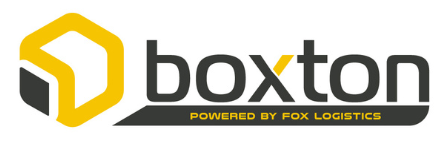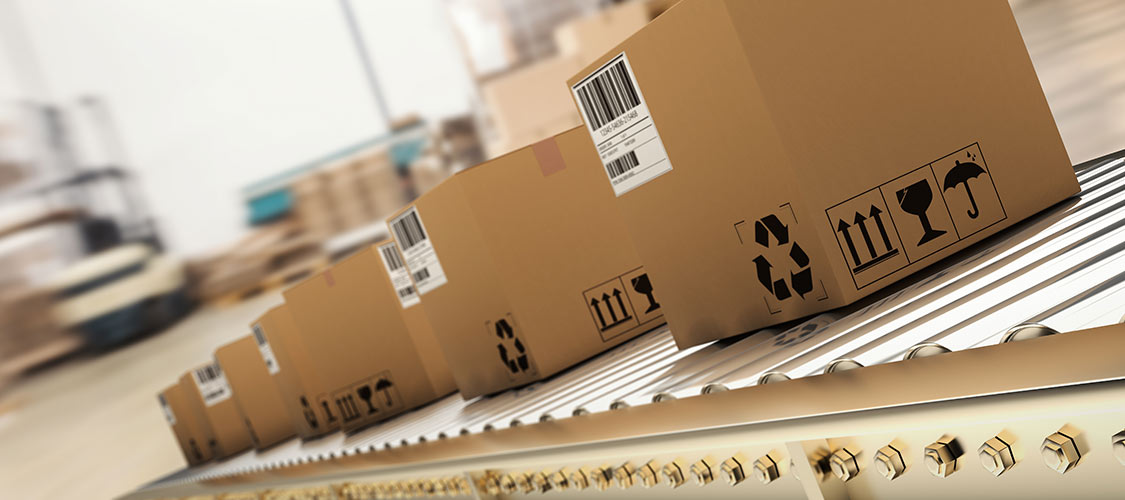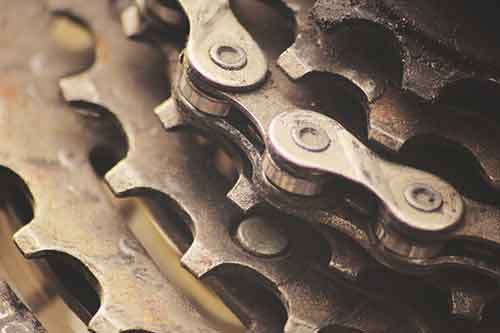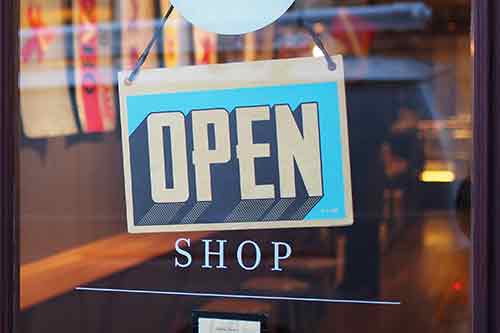If you want to understand what blockchain technology is then searching the internet is a terrible way to start. I’ve read countless white papers on how blockchain is the future and how it’s going to revolutionize the business and, if I’m being honest, for the most part I was no better off for it. Most articles are littered with consultant-esque terms without a lot of substance. So, just for sanity’s sake, I’m going to attempt to boil the complex topic into a couple of bullet points as to what it is and what are the benefits. Just understand, this is a phenomenally complex topic with thousands of whitepapers out there on theory and execution. Also, the process itself is brilliant and at some point will definitely upend how the modern economy works, so it’s worth the investment to understand further.
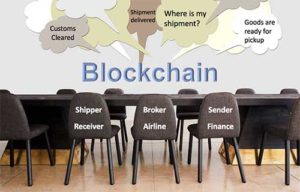
Let’s start simple: what is blockchain?
Blockchain is a technology that combines the power of computers from all over the globe to verify “transactions” between parties and logs them in one giant, public database. As a reward for using your computer in this way, you can receive cryptocurrency (the current standard of which is bitcoin) which is the electronic currency used across this network.
It’s as if you were having an email conversation with a friend in Japan, except that each time you sent a new email back and forth it was being captured by 1000s of individual computers and recorded. To then re-create your email conversation you could pull the records from each individual computer that was listening, and compare. If any 1 computer had a discrepancy, the sum of the remaining computers would call it out. When viewed collectively, you could recreate your conversation with an extremely high degree of confidence.
Now stop, and re-read those last 2 paragraphs again and make sure it sinks in before you continue.
What are some the benefits to business and why is this “revolutionary”?
First off, the data is not in controlled centrally:
- For example, in normal transactions a bank controls the data related to a payment transactions between two parties (which person, what account #, how much) and executes the transaction
- In the block chain world, there is only one public database which is verified by millions of computers around the world
It establishes the credibility of each party without a middle man:
- Today, to know someone’s credit score in a transaction in the US, three for-profit agencies give you a rating based on a privately held accumulation of transaction information. If a credit agency says a credit card company told you something was late, then you have a mark on your record
- In a blockchain, each transaction is completely public. If one entity, who’s identity has been verified, is consistently not paying its vendors everyone in the block chain knows. This is done without a fee
It eliminates the need for data to be transferred to be transferred between two entities:
- If everyone is hooked into a central repository of data when performing tasks along the business chain (let’s say an airline indicating when a plane lands) then everyone who needs that information can have it without having to transfer data between the airline and every individual user. It essentially publicly available data.
Where blockchain meets the Supply Chain
There are several essential data sets where having the benefits listed above can help cut costs out of the supply chain. However in this blog, because I promised to keep this simple, we are only going to focus on one. I promise we can follow up with countless others later.
Where are my products?
Right now in the supply chain world, the technology being used for tracking is just one step above the paper process used for the past 100 years. Think about the complexity in locating your goods for a simple shipment from Shanghai to Los Angeles. People on a manufacturing line produce the goods, packaging people wrap the goods to get them ready to ship, a trucking company (big or small) picks them up in a truck, a customs agent at the Shanghai airport checks the documentation, and so on and so on, until the goods arrive and are signed for by a warehouse employee at your company who logs the goods into the system and your accounts payable people pay a third party who managed that who process and pays all of those individuals. In that process, each individual needs to know a subset of the following information to complete the task: what was ordered, pickup dates, delivery dates, origin, destination, airline, commodity type, arrival and departure times of every truck and airplane, and a myriad of other information.
What a perfect opportunity for a blockchain! If there was one central number (like a tracking number) with all of the information associated with that control number and everyone within the supply chain (trucker, airline agent, manufacturer, destination) knew the number, and could pull only the information they needed to know to complete their portion of the process, and had the ability to load only the information they needed to provide for the process (for example, the trucking company noting that the goods where picked up) to a publicly verified repository you could do the following:
- Know exactly which stage of the process your goods were
- Know the reliability of every party at completing their task
- Pay every party and be paid by every party simultaneously to remove any issues with payment delays or the need for a financial intermediary
- Remove the need to link every company’s IT system with your own system to get complete tracking and financial information
- Understand who had ownership of the product along each stage of the supply chain to prevent damages
- Eliminate the need for shipping companies to provide individual tracking repositories and reduce costs.
- Eliminate the need for individualized contracts with multiple parties to execute an order
What is key is everything I have just listed above greatly reduces the time spent on tasks that add limited economic value. The main economic value in this whole process is someone producing the goods and someone paying for those goods for either personal use or to produce goods for someone else. That’s it. Everything having to do with contracts, tracking, and payment is just the grease that keeps the wheels of the world turning. If we could reduce all of the time spent on making the grease, the whole of society would be better for it.
